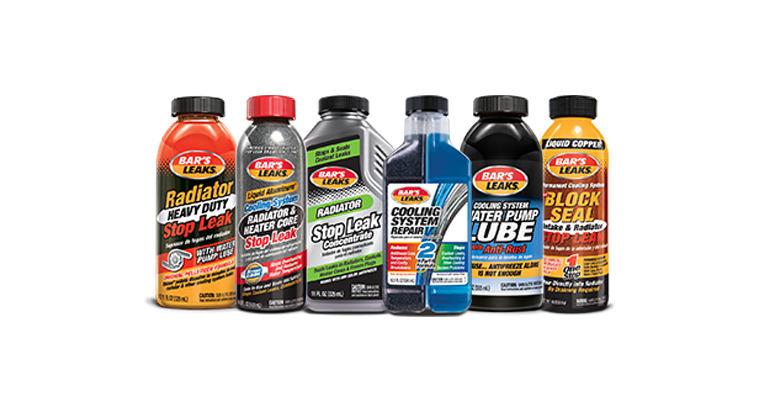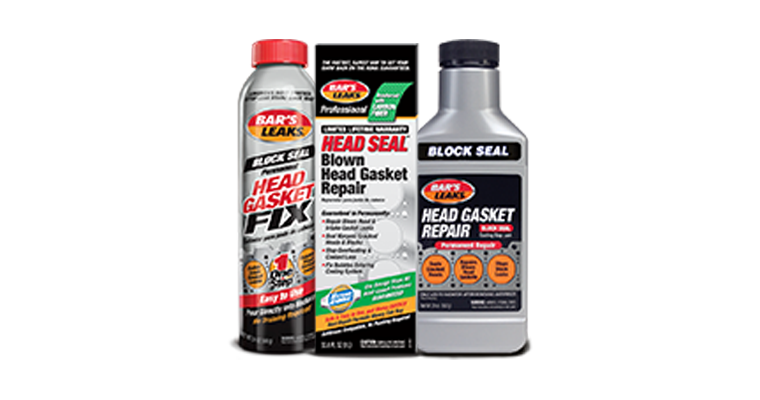If you’ve ever suffered an overheating vehicle, you know what a pain it is. When your vehicle overheats, you need to stop as soon as possible to avoid serious engine damage. Drive too far with an overheating engine and you can cause your head gasket to fail, crack your head or have your entire engine seize. Then you’ve taken your problem from bad to worse – trust us. You don’t want any part of that.
With over 70 years of automotive chemical engineering experience in the cooling category, we know a thing or two about the reasons for vehicle overheating and have an award-winning range of products designed to help you out at the first sign of overheating.
Check through our list of overheating vehicle causes and see if you can identify the problem with yours. Then, take the steps to correct the issues and get back on the road with confidence that your engine cooling system is working properly. Cooling systems are boring to think about until you get stranded and slapped with a towing bill, so getting ahead of the problem is a good idea.
Reasons for Overheating
Your cooling system consists of cooling channels built into your engine block and cylinder head, as well as a gasket sealing the two, plus a radiator and pump. Coolant flows through your hot engine, picks up heat via thermal transfer from inside your engine, and carries the heat to the radiator, where external air can cool it down. From there it returns to your engine and remove more heat. It’s a cycle.
While the principle is simple, your engine cooling system is complex and depends on a number of factors. If your engine starts to overheat, it could be for a variety of reasons:
- Your coolant level may be low (due to a leak or failure to check the level on an older vehicle)
- Your coolant pump might be broken (which keeps your coolant from circulating)
- Your oil level may be low (meaning your engine is creating excess friction and therefore heat)
- Your head gasket may be blown (this allows coolant into your engine, where it can cause serious damage)
In all cases, at the first sign of overheating, you need to stop and correct the problem. If your coolant is low, you can top up with the right type and concentration for your vehicle. Watch for leaks under your vehicle, too (if you have a cooling system leak, we have award-winning products to help you fix that affordably and quickly). If you suspect coolant circulation is the problem, it may take a mechanic to determine if your coolant pump is moving enough coolant through your engine. Likewise, low engine oil not only causes overheating issues, but it can also cause serious damage to the moving parts in your engine, so always keep a close eye on your oil level.

But hold on! Our last point – a blown head gasket – is indeed a major problem. Pay attention to this. If you see white smoke coming from your tailpipe or notice your engine coolant level going down but don’t see any leak on the ground, there’s a good chance your head gasket has blown. As soon as you notice this, you need to act right away. Full-on head gasket repairs are crazy expensive.
This is one of the most common problems we talk to customers about every day. For decades, we have engineered the products you need to stop head gasket leaks and avoid damage to your engine. You can find our award-winning head gasket products near you by using our online store locator, or checking out popular online vendors such as Amazon or Walmart.


